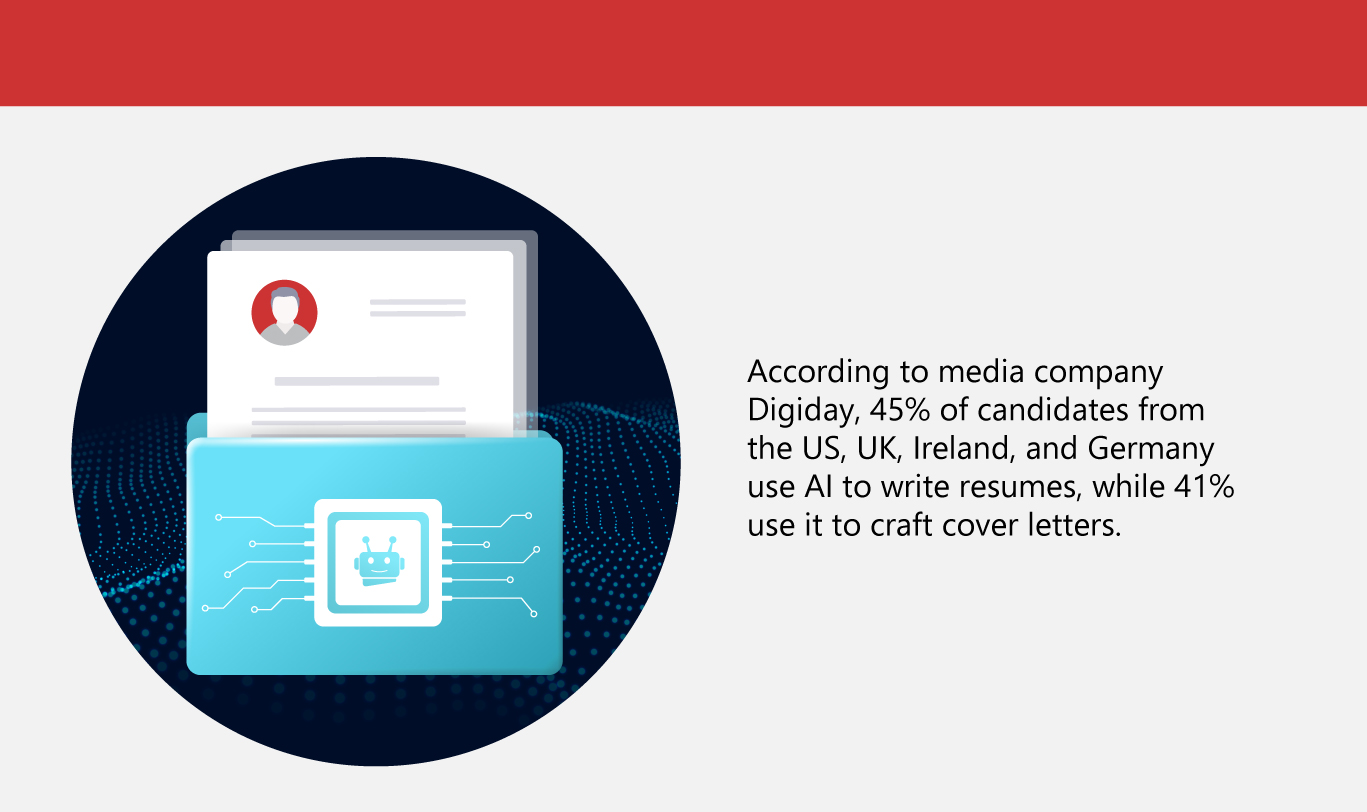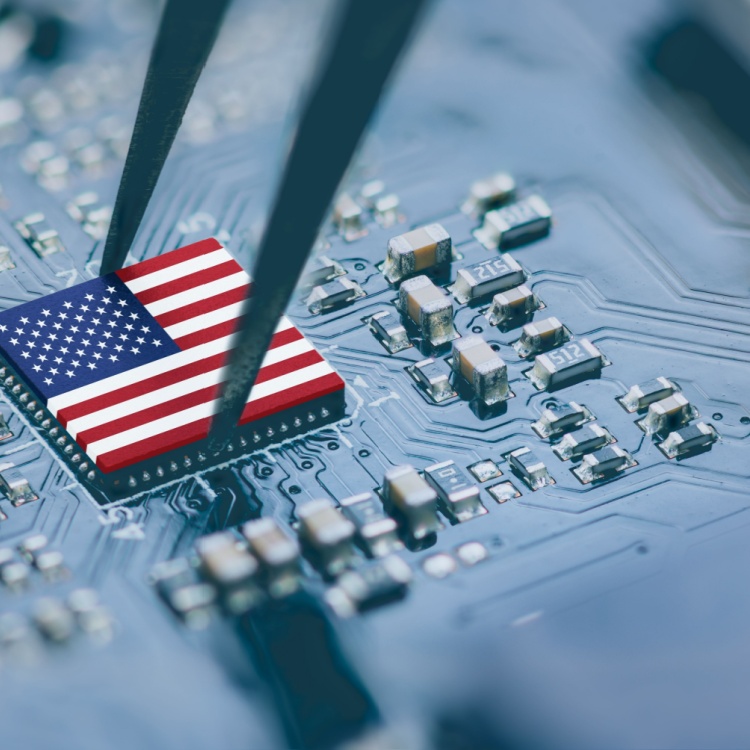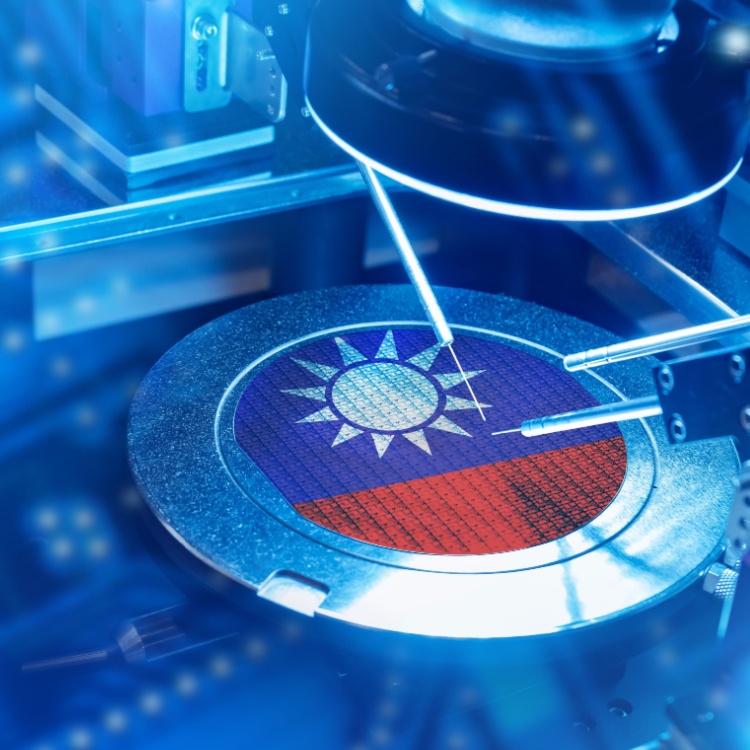Gen Z, Born into a Wealth of Tech

Gen Z, born between the mid-90s and 2010, grew up with the internet as part of our daily lives. With today’s emerging trends in technology, this younger generation is experiencing rapid changes, opening up new avenues for educational opportunities, viewpoints, and careers. Artificial intelligence and robotics, in particular, are significant game-changers shaping Gen Z’s environment and future.
Climate emergency, a pandemic, and economic uncertainty are only some of the things that have molded Gen Z’s identity. Added to the mix is digital transformation, marked by AI and robotics’ emerging technologies and trends.
Gen Zers cover a broad age spectrum, with the oldest already in the workforce and the youngest as teens. But what makes this generation tick, especially in the light of rapid tech development? It’s an important question, especially since Gen Z will comprise 25% of the Asia Pacific population by 2025.
What Gen Zers think about AI and robotics
You’d think these digital natives instinctively know their way around new technologies. Surprisingly, a market research company’s survey reveals that 42% of Gen Z and Millennials are still in the dark about AI.
Their perception of AI mainly revolves around robots and bots, which is quite understandable, given that the sole pop culture mentions of AI for a long period were about robots taking over the human world. However, ChatGPT’s popularity has changed this because it’s now the first thing younger people mention when asked about AI. The survey also shows that 45% of young customers have interacted with a chatbot, usually ChatGPT.
Though many Gen Zers fear that AI will replace humans in the future, they mostly feel “hopeful” and “excited” about the technology. Data reveals that 65% of this demographic believe AI will become vital to their daily routines.
A recent research poll showed that over half of its multi-generational respondents felt that AI risks surpassed its benefits. Still, more than half of the Gen Zers were more open to its potential advantages and using AI daily than the Baby Boomers and Gen Xers.
AI-powered education
According to PropTech founder Nikki Greenberg, Gen Z and Millennials will comprise 75% of the working population. How will they deal with the continuous breakthroughs in AI and robotics in the workplace? The answer lies in education, which veers from the traditional path.
For instance, Plymouth State University (PSU) in New Hampshire boasts of offering the latest robotics-related academic programs in the US. The university decided to reorganize a few years ago to keep up with the global digital revolution. From a conventional university with colleges and departments, it transitioned into a cluster-based program.
PSU also focuses on robotics, inspired by New Hampshire’s initiative to hold robotic high school contests. The FIRST Governor Cup is held annually at the university. Under PSU’s Bachelor of Science in Robotics, students learn to develop, construct and control various robots and autonomous systems. They also learn to use different control units and build their own solutions from scratch. Finally, a hands-on culminating project helps students gain employment in their chosen industry.
In 2022, PSU secured a million-dollar grant to equip the laboratory and begin practical training for students. The cutting-edge laboratory is a 4,500-square-foot facility with top-of-the-line tools in the Internet of Things (IoT) field. It includes amenities for 3D printing, collaborative robots (cobots), additive manufacturing, laser cutting and many more.
With this level of experiential learning, the university’s robotics program can include electronics, global manufacturing technologies, programming, microcontrollers, and mechanics. Unlike programs emphasizing machine construction and operation, PSU’s cluster-based education allows students to join team-based projects with real-world applications in collaboration with external partners.
With more opportunities opening up for the youth to learn robotics, there is increased interest in this field. Proof of this is the remarkable 53% annual rise in young applicants for the WorldSkills UK Industrial Robotics competition.
A record-breaking 80 young individuals enrolled in the 2024 competition, which aims to provide participants the essential skills in robotics programming and operation, guided by FANUC experts. This is a substantial increase from the 52 applicants in 2023.
How Gen Z gamers are helping the military
Some of the most popular virtual games take place on the battlefield, which is why the US Army thought of asking its young soldiers to provide crucial feedback for its Robotic Combat Vehicles (RCV).
The RCV program will equip the Army with various unmanned and adaptable platforms. These will improve combat capabilities by boosting situational awareness, allowing commanders to control internally and externally mounted weapon systems, and minimizing overall risks to the unit.
Before deploying these vehicles in 2028, the Army hopes to simplify interfaces and controls to develop a reliable system. Because of this, young soldiers were employed to test the initial controller, which was similar to an elegant F1 steering wheel. However, the controller did not sit well with the gamers, who preferred a simpler and more familiar laptop, keyboard, and mouse setup.
The digital natives’ input was prioritized, particularly in developing durable and user-friendly controls similar to those favored by gamers and enthusiasts. This means adopting universally handled devices and program interfaces throughout a range of autonomous systems. These may involve drones and robots equipped with weapons, medical supplies and sensors. Such systems can function alongside humans across military units.
Regardless of their different physical designs, these systems should run on uniform software. The interface should enable soldiers to switch between platforms without learning a different software system.
Those in command have also observed and appreciated their young soldiers’ ability to multitask, being less susceptible to info overload than their older counterparts. Gamers in the units also learned to fly small unmanned aerial systems (UAS) much faster.
AI’s impact on Gen Z’s careers
A report commissioned by a job-search engine revealed that half of 2024’s graduating senior class in the US intends to develop additional skills linked to Chat GPT and DALL-E. The study also found that a third of the graduating students aim to maximize generative AI in their chosen careers.
But here’s a plot twist: companies also use AI to screen candidates. An example is Tengai, a Swedish bot that displays human-like abilities by interviewing applicants, answering questions, and assessing the candidates’ personalities. With these competencies, HR experts advise Gen Zers to focus on developing soft skills. In time, AI can tell if candidates are sincere about applying. Employers still seek passion and enthusiasm—qualities AI is improving at detecting.
At the same time, using AI in hiring makes the process more personalized and responsive—something that Gen Z talent prefers. Before, applicants had to wait several days after an interview before getting a response. Now, AI has streamlined the hiring process, enabling employers to contact candidates who didn’t make it to the next stage and give them feedback. AI and robotics affect how Gen Zers learn, work, and connect with others. While these technologies offer many benefits, there are worries about job loss and data privacy. Nevertheless, Gen Z’s natural digital skills let them use AI and robotics for good, shaping a future where humans and machines collaborate to explore new possibilities.
AI and robotics affect how Gen Zers learn, work, and connect with others. While these technologies offer many benefits, there are worries about job loss and data privacy. Nevertheless, Gen Z’s natural digital skills let them use AI and robotics for good, shaping a future where humans and machines collaborate to explore new possibilities. As one of the Top 20 EMS companies in the world, IMI has over 40 years of experience in providing electronics manufacturing and technology solutions.
As one of the Top 20 EMS companies in the world, IMI has over 40 years of experience in providing electronics manufacturing and technology solutions.
We are ready to support your business on a global scale.
Our proven technical expertise, worldwide reach, and vast experience in high-growth and emerging markets make us the ideal global manufacturing solutions partner.
Let's work together to build our future today.
Other Blog



